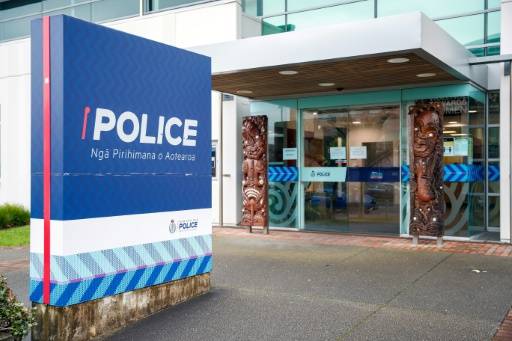
Bodies of children in New Zealand suitcases: South Korean suspect agrees to extradite
A South Korean woman accused of killing two children whose remains were found in suitcases in New Zealand has agreed to be handed over,…
A South Korean woman accused of killing two children whose remains were found in suitcases in New Zealand has agreed to be handed over, a justice spokesman said Friday in Seoul.
A Seoul court on Friday agreed to extradite the 42-year-old woman, who had previously denied the charges, after agreeing in writing to her transfer, her spokesperson told AFP.
“I can confirm that the court approved the extradition request,” the source said.
They added that “the handover will take place within a week of the approval of the Ministry of Justice, which will happen because it agreed to the transfer,” explaining that the suspect “has agreed to the handover in writing.”
The South Korean Ministry of Justice has not made a final decision yet.
The suspect was arrested in the southern port city of Ulsan in September, weeks after New Zealand authorities discovered the remains of two children believed to be between five and 10 years old when they died.
Footage released by local media at the time showed the woman, who had not been identified by South Korean or New Zealand police, being walked out of Ulsan Police Station by undercover investigators, her head covered with a large cloak.
Local media asked her if she would confess to the murders.
“I didn’t,” she repeated several times as she was led into a police car.
The bodies were found by a family who bought a trailer loaded with items – including suitcases – at an abandoned property auction.
New Zealand police said the bodies had likely been in storage for several years, complicating the investigation.
The authorities have repeatedly stressed that the family who found the bodies had nothing to do with the murders and were receiving support to help them deal with the trauma they had experienced.
After receiving an official extradition request from New Zealand, the South Korean Ministry of Justice said it would do “everything possible” to complete the transfer “in accordance with the principles of law”.
South Korean police said the woman was born in the country and later moved to New Zealand, before returning to South Korea in 2018.
sks/ceb/mlb/ial/

“Reader. Travel maven. Student. Passionate tv junkie. Internet ninja. Twitter advocate. Web nerd. Bacon buff.”
